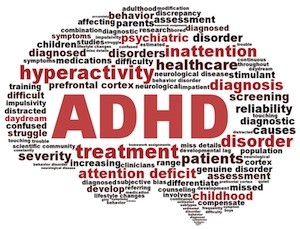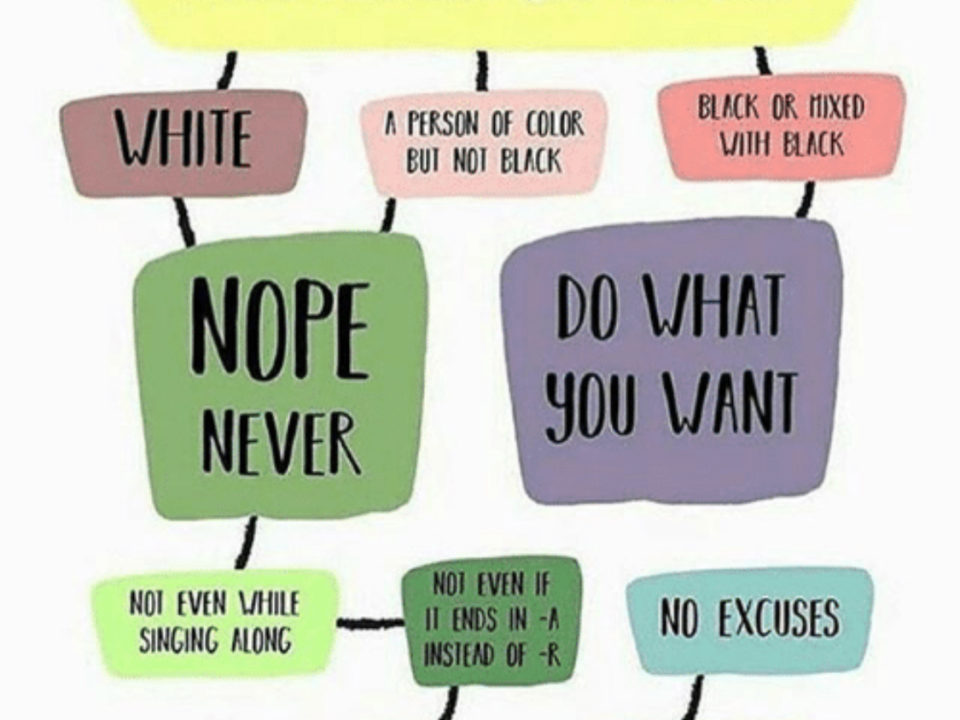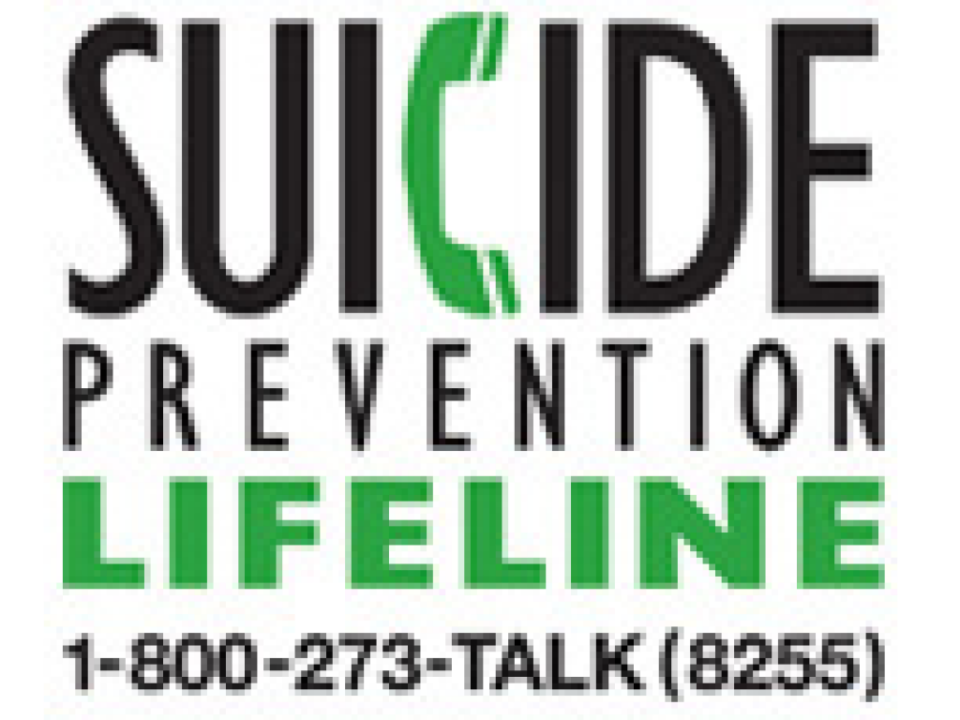Psychiatry Advisor recently reported that ADHD Stimulants may cause sleep problems in children. The report comes from the results of a meta-analysis done by University of Nebraska Lincoln. A meta-analysis is when researchers pool the data from several different studies in order to draw conclusions about a specific topic. ADHD is a particularly important condition to study as nearly 1 in children or adolescents in the U.S. are diagnosed with the condition and nearly 3.5 million are prescribed stimulant medications each year.
According to Psychiatry Advisor:
- In the study published online Monday by the journal Pediatrics, the Nebraska researchers found children given stimulant medicines take significantly longer to fall asleep, have poorer quality sleep, and sleep for shorter periods.
- More frequent dosages made it harder for children to fall asleep.
- Sleep impairment is related to many cognitive, emotional and behavioral consequences, such as inattention, irritability and defiance.
- Sleep adverse effects could undermine the benefits of stimulant medications in some cases.
The researchers suggest that physicians should carefully consider dosage amounts, standard versus extended release, and dosage frequencies to minimize sleep problems while effectively treating ADHD symptoms as well as consider behavioral treatments, such as parental training and changes to classroom procedures and homework assignments, to reduce ADHD's negative consequences.
You may remember a previous post I made about ADHD entitled ADHD: A Fictional Disease? as this is an issue that touches me both professionally as a Psychiatrist and personally as a mother to a now 10 year-old son with ADHD. In all specialties of medicine, it is extremely important as physicians that we have access to research such as this article to help guide us as we try to improve the lives of the patients we treat. As a mother, that importance is even more magnified as we continually search for the right combination of interventions to ensure our son leads the most fulfilling life while maximizing his gifts, minimizing his barriers and preventing the detrimental effects to self-esteem that can result from all of the negative feedback children with ADHD get about themselves. This article is a great tool to add to the toolbox.




